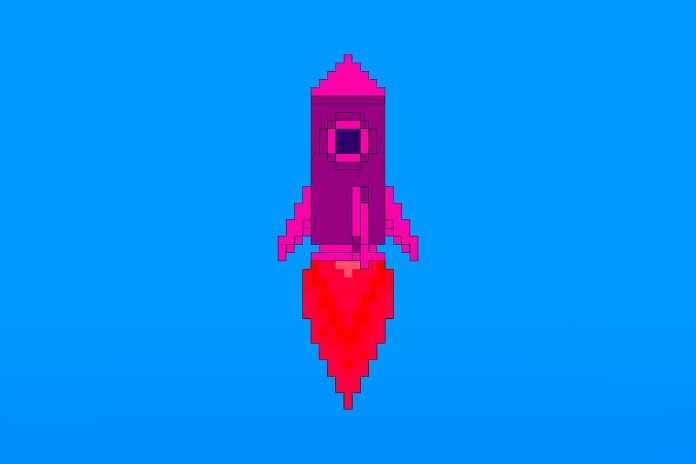
In terms of reusable rocket landings, Blue Origin has shown some impressive stability. Recently, their reusable New Shepard rocket was launched into space for the third time, followed by a safe, upright landing. Founder Jeff Bezos described the operation on Twitter as “flawless”. If Bezos seeks to compete with Elon Musk and SpaceX, that flawless pattern will surely have to continue.
BLUE ORIGIN ROCKET LANDS SUCCESSFULLY FOR THE THIRD TIME
Saturday’s test flight marked yet another successful landing for Blue Origin’s New Shepard rocket. While this result was the same as the first two, there was a small difference. This time around, engineers had the rocket wait a little longer to reignite. This left less time and a shorter distance (3,600 feet) to maneuver before landing. In addition to this, Blue Origin scientists tested a new algorithm that triggered the separation of the capsule, rocket and crew.
Besides a successful launch, Blue Origin was able to gather some valuable data. The first two flights had an empty rocket and capsule. This time, however, they carried two experiments. One experiment aimed to study how dust particles behaved in orbit. Blue Origin scientists hope to use this data to examine how dust particles formed planets, moons, and planetary rings. In the meantime, SpaceX has the focus on their latest challenge.
FRIDAY LAUNCH FOR SPACEX LOOKS GOOD
As of 10 a.m. Wednesday, the forecast for SpaceX’s Friday launch has improved to 90 percent positive. SpaceX plans to launch their Falcon 9 rocket and Dragon capsule for an ISS resupply mission on Friday. Surface winds are expected to be a potential threat, but other than that, meteorologists seem confident. Tuesday saw the company complete a practice countdown and test firing of Falcon 9’s main engines. This is a significant launch for SpaceX. This marks the first Dragon spacecraft launch since last June. Unfortunately, that ended in the Falcon 9 failing just 2 minutes after liftoff. If all goes according to plan this time, however, the Dragon will be delivering an expandable module as well as other cargo to the ISS. Afterward, Falcon 9 will attempt an experimental landing on a drone ship in the Atlantic ocean.

















